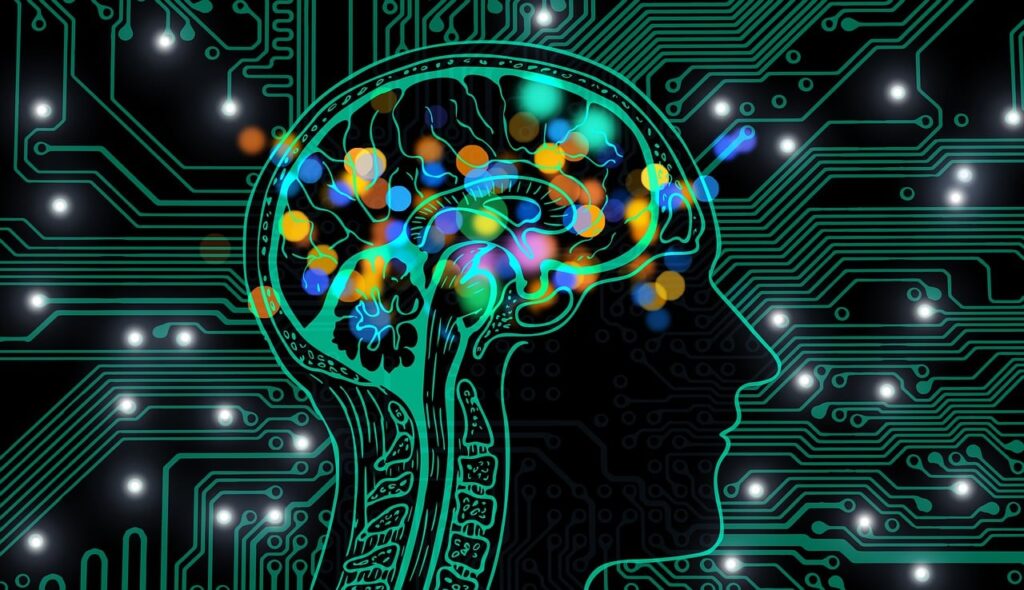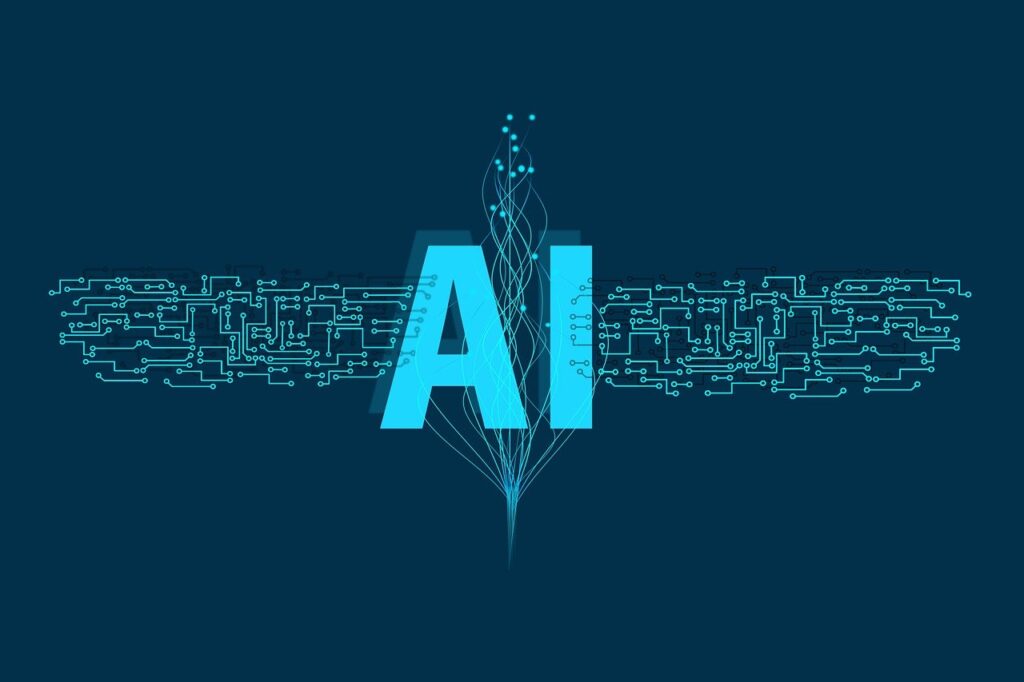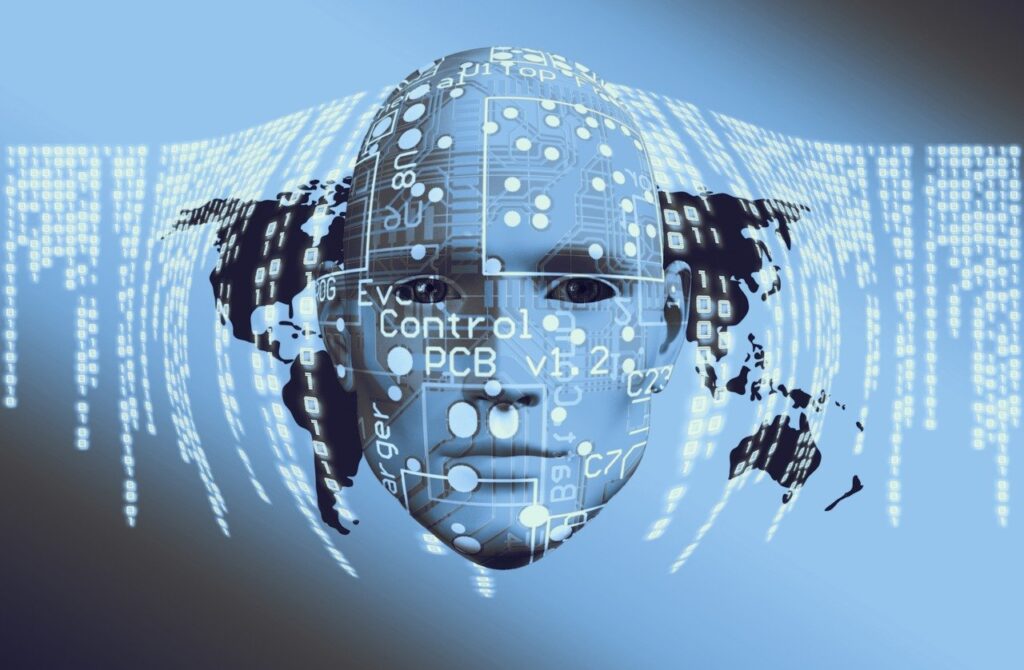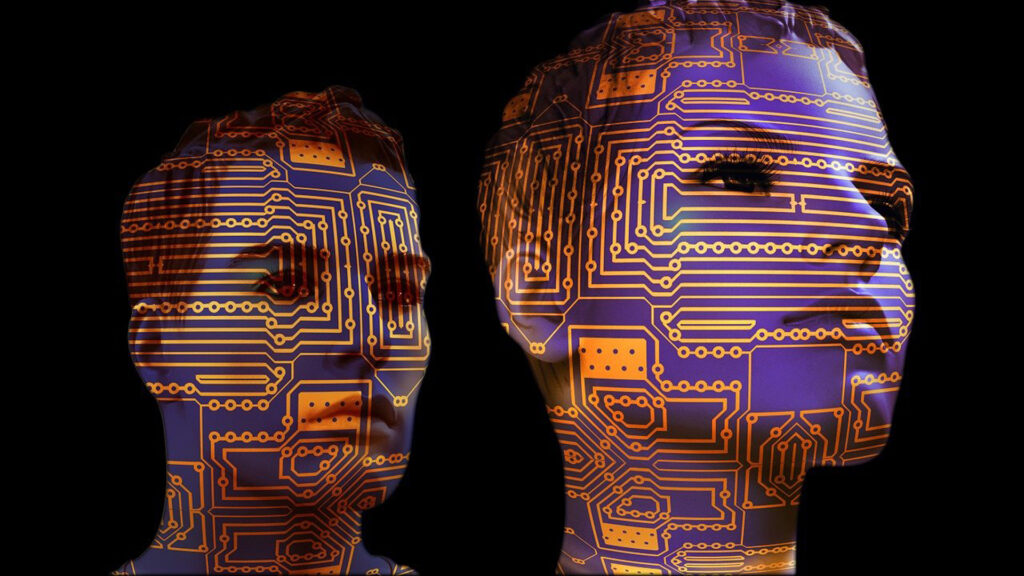Artificial Intelligence (AI) refers to the simulation of human intelligence in machines that are programmed to think like humans and mimic their actions. The term may also be applied to any machine that exhibits traits associated with a human mind, such as learning and problem-solving.
Key Components of AI:
Machine Learning (ML): This is a subset of AI that involves the practice of using algorithms to parse data, learn from it, and then make a determination or prediction about something in the world. Rather than hand-coding software routines with a specific set of instructions to accomplish a particular task, the machine is “trained” using large amounts of data and algorithms that give it the ability to learn how to perform the task.
Natural Language Processing (NLP): This involves the ability of a computer program to understand human language as it is spoken. NLP is a key component in performing tasks like translation, sentiment analysis, and speech recognition.
Robotics: This field of engineering focuses on the design and manufacturing of robots. Robots are often used to perform tasks that are difficult for humans to perform or perform consistently. They are used in assembly lines for car manufacturing or by NASA to move large objects in space.
Expert Systems: These are AI systems designed to solve complex problems by reasoning through bodies of knowledge, represented mainly as if-then rules rather than through conventional procedural code.
Applications of AI:
Healthcare: AI is used for diagnostic purposes, personalized medicine, and patient care and monitoring.
Finance: In the financial sector, AI is used for fraud detection, automated trading, and personalized financial advice.
Transportation: Autonomous vehicles and AI-driven traffic management systems are examples of AI applications in transportation.
Customer Service: AI chatbots and virtual assistants are used to handle customer inquiries and support without human intervention.
Challenges and Ethical Considerations:
Privacy: AI systems often require large amounts of data, which can include sensitive personal information.
Security: AI systems can be vulnerable to new forms of cyberattacks.
Ethics and Bias: AI systems can inadvertently perpetuate biases present in their training data, leading to unfair outcomes.
AI continues to evolve, with ongoing advancements in technology and methodology expanding its capabilities and applications. It holds the potential to significantly impact various sectors by improving efficiency, enhancing decision-making, and enabling new services and capabilities.







